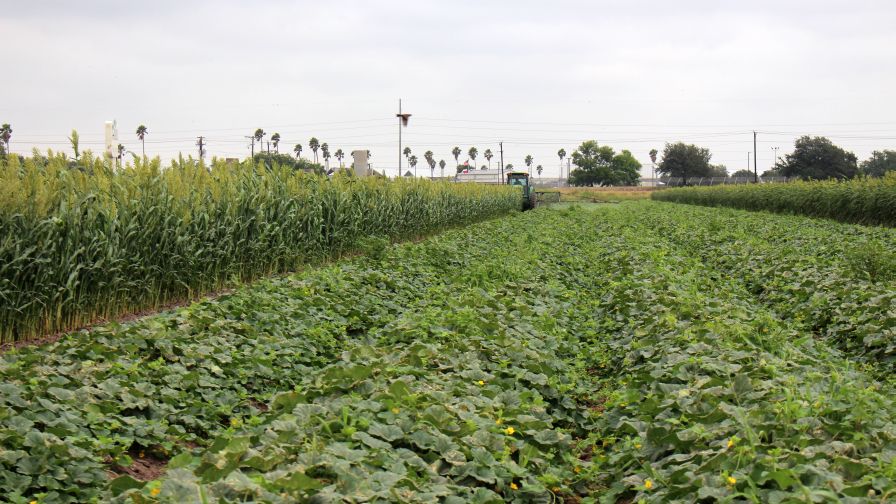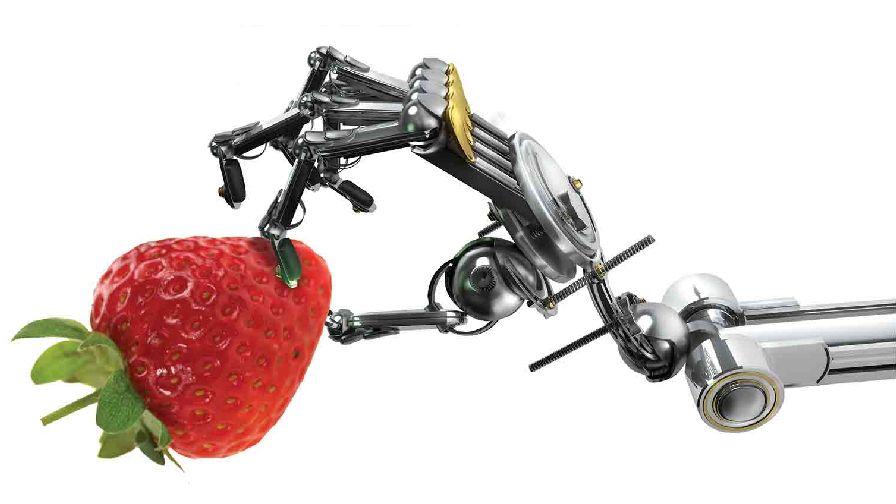The Need For Farm Managers Is Great
If you’ve been having a tough time finding farm managers lately, you’re not alone. Employment consultant Jeff Oliver says that not only is there a shortage, but he has seen it worsen over the past several years. As a consultant for Sherwood Lehman Massucco, the oldest and largest executive search firm in Fresno, CA, Oliver has specialized in agriculture and food processing for the past nine years, working with some of the nation’s largest growers to help them make educated hiring decisions.
For example, a large winegrape grower recently had an opening for a farm manager, and Oliver contacted more than 225 vineyard managers to see if they were interested. The man is nothing if not thorough. But he has to be, because of the way in which society is changing in general, and agriculture specifically.
The shortage is due in part to the fact that baby boomers are beginning to retire, and there are so many of them that there just aren’t enough experienced people to fill their shoes. His firm also handles searches in banking and health care, and he’s heard the same complaints from his colleagues. “I don’t care what industry you’re looking at, there’s a shortage,” says Oliver. “Then when you combine that with the problems unique to farming, you’ve got the perfect storm.”
The problems associated with agriculture include the fact that the hours can be long and hard, it requires an unusual skill set, the industry is poorly understood, and there is a sea change in industry structure from small family farms to more of a corporate model. These problems are not easy to nail down because they are not necessarily distinct from one another. Keeping in mind that there is some spill-over, here’s Oliver’s take, followed by a potential solution.
Growing Fruit Is Hard Work
You can sugarcoat it all you want, even noting that during the winter months the pace can become downright leisurely, but during harvest and at other times during the growing season(s), the hours are long. Traditionally, growers have followed in the footsteps of their parents, but now they’re having second thoughts, says Oliver. “Generations X and Y have had everything handed to them,” he says. “They’ve seen how dad and grandpa had to work for it, and they don’t want that.”
Oliver is quick to note that while this problem is more acute in agriculture, it’s not limited to it. He grew up in Bakersfield, CA, and when he was in high school, he and most of his classmates spent their summers working in the potato sheds. “How many high school kids do you know that work in agriculture in the summer?” he asks. “This generation doesn’t work at all. A lot of kids’ first job will be their first job out of college. They’ve had it too good because mom and dad want them to have it better than they did. It’s too bad, because a little bit of working — even suffering — is good for people.”
There’s Nothing Quite Like Farming
There simply aren’t many jobs that require the skills that farming does, says Oliver. Just look at an average grower’s day. “He gets in his truck and heads out to solve some problem in the field,” says Oliver. “Then he drives back, goes into a boardroom, and makes a budget presentation. That’s hard to find.”
For example, Oliver was contacted by a large citrus growing operation that was looking for a director of farming. Oliver collected market information, and then spent two months looking. He found some candidates, but they weren’t what the grower was looking for. “Either they didn’t have a university degree or they lacked leadership skills,” he says. “They just weren’t out there, so the client ended up promoting from within.”
Farming Isn’t Modern, Or Cool
At least that’s what a lot of young people think, says Oliver. Actually, that idea isn’t limited to the young. As the disconnect between the farm and the fork grows, so does the ignorance of the nature of farming. Those who shape the minds of the young, such as teachers and the media, have almost no clue of what’s involved in producing a fruit crop. For many in that 99% of Americans not involved in agriculture, the stereotype of “farmer as hick” lives. “They truly don’t realize how sophisticated farming is today,” he says. “They don’t appreciate the technology involved, and partly because of that, ag isn’t promoted like other professions.”
Alleviating the gross ignorance of agriculture in today’s society would be a monumental task. That’s why Oliver, who makes no pretense about having the answers, sees no quick fix, and why the shortage of farm management talent may get worse before it gets better. It’s not likely that any headway can be made with the college students of today. He thinks the solution lies in getting to the kids when they’re younger. There needs to be stronger support for such programs as USDA’s “Agriculture in the Classroom.” High school career counselors need to be educated about the opportunities that are available in agriculture. “Do they realize that, in California alone, agriculture is a $30 billion industry?”









